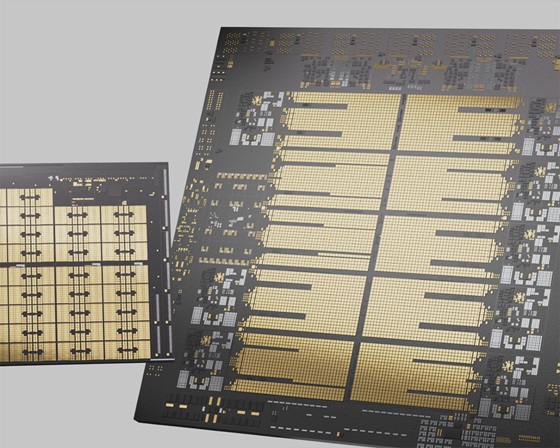IBM has unveiled details of its latest processor innovations, the IBM Telum II Processor and IBM Spyre Accelerator, at the Hot Chips 2024 conference. These advancements are designed to significantly enhance the processing capabilities of the next-generation IBM Z mainframe systems, particularly for artificial intelligence (AI) applications, including large language models and generative AI.
The IBM Telum II Processor introduces several improvements over its predecessor, including a higher frequency, expanded memory capacity, and a 40 percent increase in on-chip cache. It also integrates an AI accelerator core and a new Data Processing Unit (DPU) aimed at accelerating complex I/O protocols for networking and storage on the mainframe. These enhancements are expected to support enterprise-scale AI, particularly in managing large and complex transaction needs.
Complementing the Telum II is the IBM Spyre Accelerator, a dedicated AI accelerator chip designed to work in tandem with the Telum II. The Spyre Accelerator supports ensemble AI methods, which combine various AI models to achieve more accurate results. This chip, designed with input from IBM Research, is scalable and can be customized to meet specific client needs. It operates on a 75-watt PCIe adapter and is built to handle complex AI models with up to 1TB of memory.
Both the Telum II processor and Spyre Accelerator will be manufactured by Samsung Foundry, utilizing its 5nm process node. They are expected to be central components in IBM’s upcoming IBM Z and LinuxONE platforms, set to be available in 2025. These innovations are positioned to meet the increasing demands of AI, particularly in industries requiring advanced fraud detection, anti-money laundering capabilities, and AI-driven business processes.

